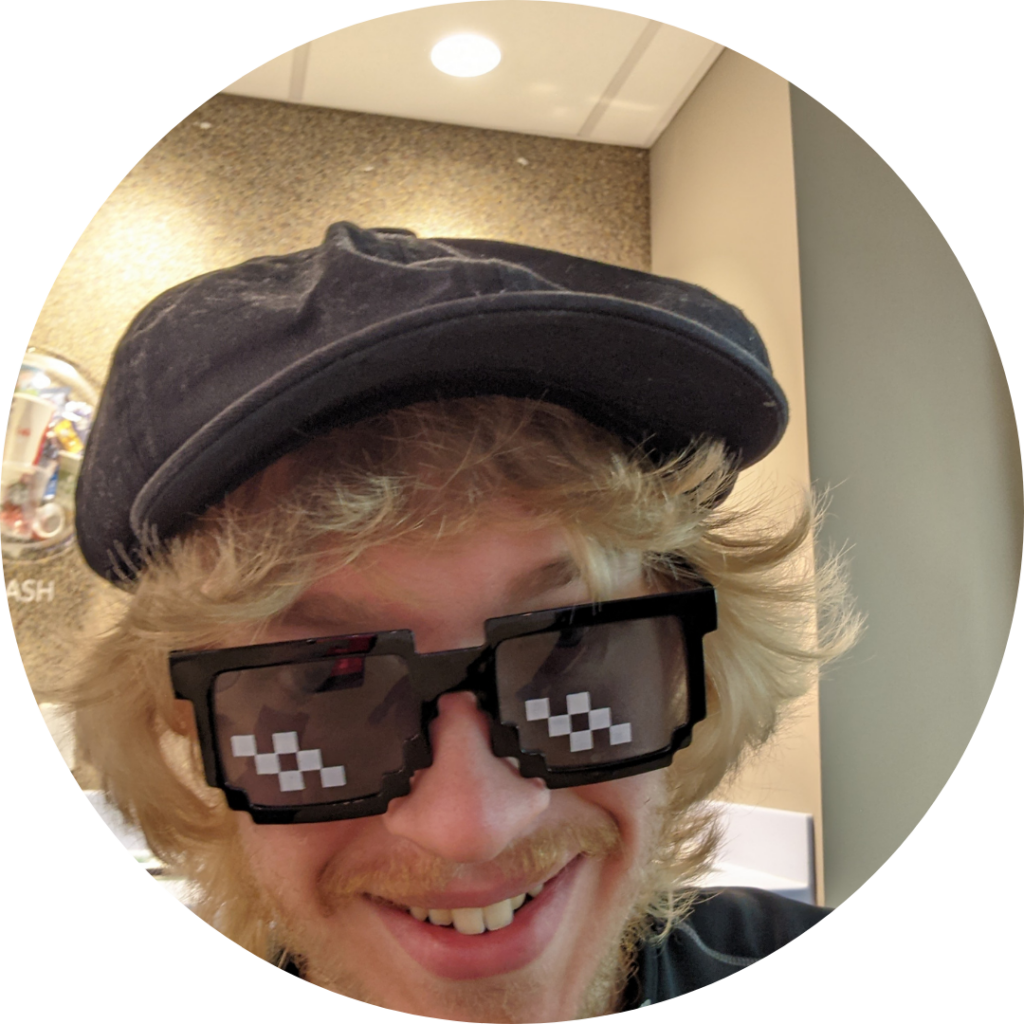In pursuit of his digital forensics education, Professor Furkan Paligu has traveled to an impressive number of places.
Initially, he pursued his bachelor’s in computer engineering at Marmara University in Istanbul, Turkey. While studying at Marmara, he traveled to Sweden as an exchange student and to the UK as an intern. He pursued further education, obtaining a master’s in cybersecurity at Istanbul Şehir University. That same year, he flew to the US to pursue his doctorate.
Four years later, he completed his PhD in Digital and Cyber Forensics Science at SHSU in Texas. His most recent travels have brought him to teach at Champlain.
The Importance of Technical Rigor
As you can imagine of someone so well-traveled, Professor Paligu has also traveled far and wide in the world of computers.
“Where is your general area of expertise, like, in the cyber world?” I asked.
“I think my latest expertise where I have specialized was digital forensics, because I have my doctoral degree in digital forensics,” Paligu said. “But in the computer world, in the IT world, it’s difficult to be saying something such as ‘I’m specializing in this… and that.’”
During our conversation, Paligu highlighted the ever-shifting nature of cybersecurity, mentioning that tools we use today will be obsolete a decade from now. He suggests that the remediation to this rapid change is for the industry to have a well-rounded, deep knowledge base—and to develop what he calls “technical rigor.”
“I try to encourage the technical rigor within the program. I’m not saying to go into another four years, another two years as if you’re going to be in academia. But what I am saying in this case is, do not rush your program. Make sure that you’re getting the essence of everything while you’re still in [school]. Find your professors, ask questions, and… dive deep into the subject so you can be more confident in your work.”
At Champlain, Professor Paligu teaches Linux and Unix Programming, Web and App Security, Pen Testing and Ethical Hacking, and his personal favorite, Automation and Scripting. These courses require good problem-solving skills—a requirement that pairs well with Paligu’s “technical rigor” philosophy.
Paligu has also worked with the Leahy Center on projects for the CTSI and the NCFI. He wasn’t able to give details on these confidential projects. But he was able to mention that Leahy’s projects with the NCFI involve educating law enforcement about digital investigations.
Considering recent events like the record-breaking SSN breach, the time when digital forensics was a niche skill is long gone. It’s no wonder digital literacy has become such an important competency. With how fast the industry is changing, the digital forensics investigators of tomorrow will need to be highly adaptable.
“When you’re working on digital forensic investigations, you’re investigating a device. It can be software, it can be hardware, but you need to be familiar with the operating systems, with how the hardware works, with many different things.”
Paligu enjoys being a professor because it allows him more flexibility than any specific position in the industry. He believes in the Leahy Center’s mission of educating the next generation of cybersecurity professionals.
Digital Investigations, Global Implications
“I noticed you traveled a lot for your career,” I said. “Is there anywhere you want to travel to specifically?”
“Yes, I have been to many countries. While I was doing my bachelor’s, I was an exchange student in Sweden. And I had my internship in the United Kingdom—I was working on the Bees Algorithm in Cardiff University at the time. I’ve been to South Korea so many times. I’ve been to the United States, [which is] also a foreign country for me. There are many more countries that, yes, I would like to go to. But are you talking about career-wise or just visiting?”
“Oh, just visiting.”
“Oh, just visiting… Yeah, everywhere. I would like to see everywhere. One of the best countries that I’ve seen was Sweden, because it looked so different, because it was so north that in the summer it was only daytime, and in the winter it was only nighttime. The sky looked a little bit like an alien planet. There are more countries that I would like to visit, like Iceland, Norway, Finland… And I am fascinated by the Far Eastern culture as well, so maybe Japan. Some Latin American countries, safety is a little issue there, but maybe Argentina and Brazil will be good countries to visit. And we have a campus in Ireland, so that also seems like a good option. Yeah, I’m definitely, like, all for travel.”
Fittingly, Paligu, who has traveled to many places around the world, and wants to travel to many more, is passionate about preventing international cyberthreats. He believes our students are the key to a safer future.
“The cyberspace is very important. I’m not saying that every other major is not important, but some majors have seasonal importance—meaning that we are in their time, and cybersecurity is one of them. Particularly with everything in the world, right, there are a lot of conflicts coming. The National Security Agency once said there is not a medium-to-large American company that they haven’t found a Chinese virus on.”
“These kinds of conflicts might explode at any moment,” continued Paligu, “so it is very important for us to be building our cyber capabilities. And our cyber capabilities are going to depend on the students that we have today. It is, I believe, my utmost responsibility to give the technical rigor to students, so that they will be able to defend our information and privacy.”

By Briar Gagne ’26, Professional Writing
Briar Gagne specializes in technical writing and copywriting, with a strong focus in cybersecurity topics.